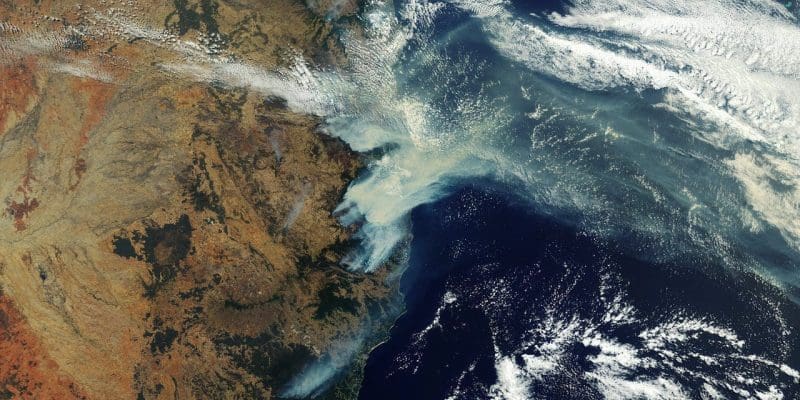In response to the devastating bushfire season over the summer of 2019-2020, the Academy investigated health issues associated with bushfires and smoke exposure. Our work aimed to define what is known and what is unknown about the short, medium and long-term impacts on physical and mental health.
According to the Intergovernmental Panel on Climate Change and the Bureau of Meteorology, Australia is likely to see higher frequency and severity of such extreme weather events over the coming decades. To make sure that Australia is equipped to recover from the 2019-2020 season and to deal with future events, it is essential that uncertainty about the health impacts of these events is addressed, and addressed through research.
The Academy’s work has focused on addressing the need for advice tailored to vulnerable groups, such as those with pre-existing conditions, older people, infants, children, pregnant women, and Aboriginal and Torres Strait Islander people and communities.
Our broader work on the health impacts of climate change continues to address most urgent areas for action in Australia.
Evidence summary
The Academy produced a summary of evidence addressing the following health areas and how they are impacted by bushfires which was provided to government:
- Bushfire smoke and respiratory issues
- Mental health
- Impacts on vulnerable groups and health inequalities
- Other contaminants and issues (including exposure to toxins)
- Eye health
- Water/food
- Burns and heat stress
This work was developed with input from Fellows, Associate Members and external experts with expertise in respiratory health, mental health, maternal and child health, public health, and burns.
You can also read a news story about this publication and download it below.
Joint briefing with the Australian Academy of Science
A joint briefing – “After the bushfires: addressing the health impacts” – was developed with the Australian Academy of Science. In this briefing, the Academies explored the long-term health impacts of the Australian bushfires on human health including health challenges caused by bushfire smoke and the direct impact of the fires on communities. This work has also highlighted gaps in our knowledge including challenges posed by exposure to air pollutants, strain on mental health and heat stress. Read more about the joint briefing in Academy news.
Response to the Senate Inquiry into the “Lessons learned from the bushfire season 2019/2020”
The Academy responded to the Senate Finance and Administration Standing Committee inquiry into the “Lessons learned from the bushfire season 2019/2020”. Our response focused on the physical and mental health impacts of the bushfires, including those on firefighters and volunteers, and the general population. In July, the Academy was invited to give evidence to the public hearing for the Senate Inquiry and was represented by Professor Stephen Duckett FAHMS. Read more about the Academy’s participation in the public hearing in Academy news .
Submission to the Royal Commission
The Academy provided a submission to the Royal Commission into the National Natural Disaster Arrangements where we highlighted the importance of considering a health perspective when responding to, and recovering from, natural disasters. We discussed the health risks of bushfire impacts and smoke exposure to firefighters, volunteers and the general population. In May 2020, the Academy was invited to provide evidence to the hearing for the Royal Commission and was represented by Professor Stephen Duckett FAHMS.
These documents can all be downloaded below.
Image credit: European Space Agency

